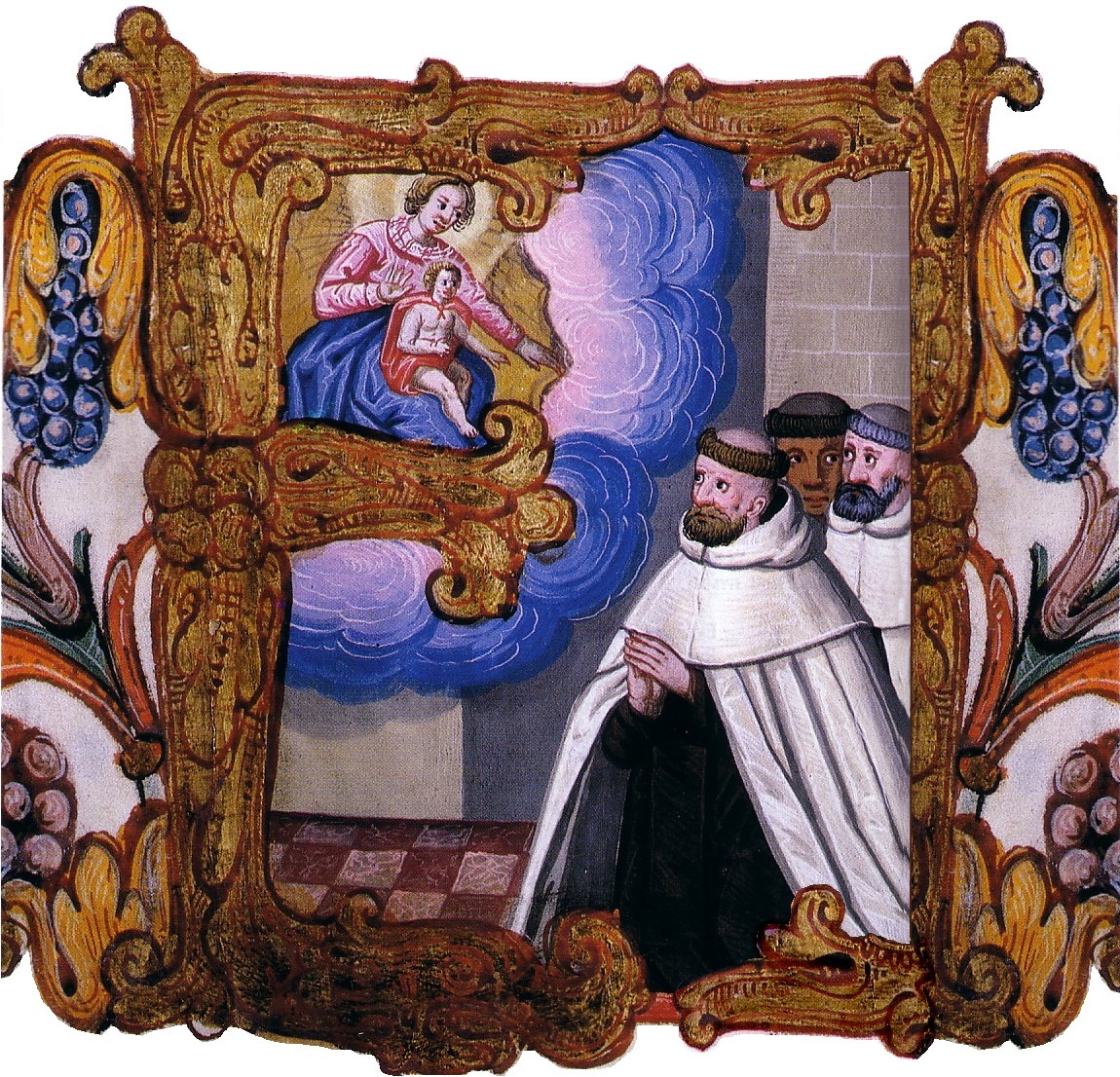
I. The Roots of Our Vocation
1. The discalced Brothers of the Order of the Blessed Virgin Mary of Mount Carmel belong to a religious family endowed with its own special charism in God’s people, and called to fulfill a specific role in the Mystical Body of Christ. Each of us receives a personal call to this family. As a renewed form of an ancient Order it entails both fidelity to the spirit and traditions of Carmel and a continual striving after renewal. This is as it were the dual heritage bequeathed to us by our Holy Mother St Teresa.
Mindful of this and docile to the voice of God, we cherish the spirit and way of life of our forerunners as we profess to be their descendants and heirs. Hence we regard the deeds of our ‘holy fathers and predecessors’ not as lifeless events of bygone days but as part of the providential shaping of our vocation in the living Church.
2. The beginnings of the Order, the title ‘Brothers of the Blessed Virgin Mary of Mount Carmel’ and the earliest authentic spiritual traditions, provide ample evidence of the Marian and biblical character of our vocation. Taking Mary as the mother and patroness of the Order, we look upon her life and her sharing in the mystery of Christ as a model of religious consecration.
Among venerable biblical figures Elijah stands out as Carmel’s source of inspiration, as he contemplates the living God and burns with zeal for his glory. We look upon his prophetic charism as the prototype of our own vocation to ponder God’s word and proclaim it to the world.
3. We find our earliest ‘pattern of life’ outlined in the Rule of St Albert. This remains basically the rule that governs our life today, urging us principally:(a) to live in allegiance to Jesus Christ, serving him with a pure heart and a good conscience, looking to him alone for salvation, as we obey our superior in a spirit of faith, with our mind more on Christ than on the superior.
(b) to ponder unceasingly the law of the Lord in the Scriptures, and strengthen our hearts with holy thoughts, so that the word of God may be always in our hearts and on our lips, and guide us in everything we do;
(c) to come together daily for the celebration of the sacred liturgy;
(d) to put on the armour of God, as we live an intense life of faith, hope and charity, in a spirit of evangelical self-denial and a generous commitment to work, after the example of Paul the Apostle;
(e) to enter into a genuine sharing of life, having at heart the good of the community and the salvation of souls, sustained by the charity of fraternal correction; to hold everything in common under the guidance of a superior placed at the service of his brothers;
(f) above all to lead a life of unceasing prayer in silence and solitude, in accordance with the gospel admonition to watch and pray;
(g) to use prudent discretion in all that we do, especially when this entails more than duty requires of us.
4. This way of life, in its original eremitical form, was duly sanctioned and approved by the Church. Subsequently the Order was granted mendicant status and entrusted with the apostolic ministry, but at the same time urged to remain true to its original spirit.

